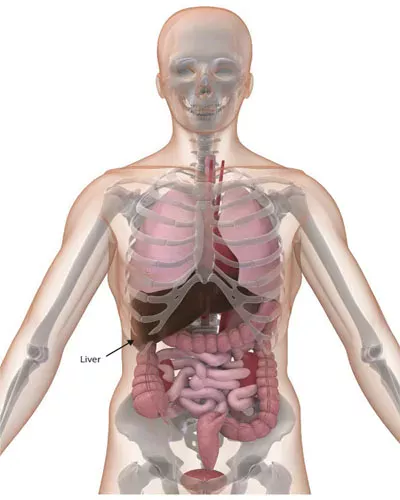Recent research published in the journal Nature Metabolism sheds light on the significant and systematic changes the body undergoes during prolonged fasting. Conducted by researchers from Queen Mary University of London and the Norwegian School of Sports Sciences, the study provides insights into the health benefits of fasting beyond weight loss.
Delving into the Study Details
Key Findings
The study highlights that while fasting offers potential health benefits, these changes typically manifest after three days without food. Despite the absence of caloric intake, the body experiences notable alterations in multiple organs, suggesting therapeutic potential for conditions that may benefit from fasting interventions.
Insights from the Researchers
Expert Commentary
Professor Maik Pietzner from Queen Mary University emphasizes that while fasting can be beneficial for certain conditions, it may not always be a viable option for individuals with underlying health issues. The findings underscore the need for tailored approaches to fasting and its application in clinical settings.
Examining the Study Methodology
Volunteer Participation
The study involved 12 healthy volunteers who underwent a seven-day water-only fast. Researchers closely monitored changes in approximately 3,000 proteins in the volunteers’ blood before, during, and after the fasting period to track physiological responses.
Unveiling Physiological Changes
Energy Source Shift
One of the key observations was the body’s transition from glucose to stored fat as its primary energy source within the initial two to three days of fasting. This metabolic shift led to an average loss of 5.7 kg of both fat mass and lean mass among the volunteers.
Implications for Weight Loss and Beyond
Health Benefits of Fasting
Director Claudia Langenberg from Queen Mary’s Precision Health University Research Institute highlights the effectiveness of fasting as a weight loss intervention. Beyond weight management, fasting, including intermittent fasting, is believed to offer additional health benefits.
Conclusion: Navigating the Complexities of Fasting
In conclusion, the study provides valuable insights into the physiological changes induced by prolonged fasting and its potential therapeutic applications. While fasting holds promise for improving health outcomes, its implementation should be guided by individual circumstances and medical considerations.




